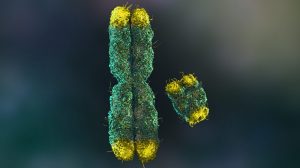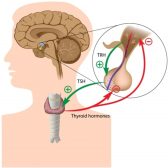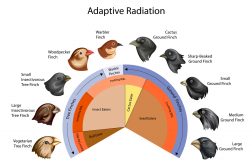Definition
noun, plural: foveolar cells
Any of the epithelial cells that line the surface of gastric mucosa and gastric pits, and produces mucus, providing protection against the corrosive effects of the gastric acid
Supplement
The gastric glands are the glands located in the stomach lining and are responsible for the secretion of the major components of the gastric juice. There are different cell types that make up the gastric glands. The different cell types are: (1) parietal cells, (2) gastric chief cells, (3) foveolar cells, particularly the mucous neck cells, (4) G cells, and (5) enterochromaffin-like cells.
The name foveolar is associated with foveolae, which refer to the gastric pits. A gastric pit is the pore in the stomach lining that when traced leads to a tubular gastric gland. The foveolar cells line the gastric pits as a single layer of columnar epithelial cells.
There are two main groups of foveolar cells: the surface mucous cells and the mucous neck cells.1 The surface mucous cells are the cells that line the surface of the gastric pits whereas the mucous neck cells are cells that form a part of the neck of the gastric glands. The mucous neck cells are interspersed in between the parietal cells. Some of the mucous neck cells may transdifferentiate into gastric chief cells, which primarily secrete pepsinogen during the digestive process.
The surface mucous cell contains abundant mucin granules in its apical portion. The cell also has short microvilli that project into the lumen of the stomach. The mucous neck cell is shorter than the surface mucous cell and has fewer mucin granules in its apical portion.
Synonym(s):
- surface mucous cell
See also:
Reference(s):
1 Young, B., Woodford, P., & O’Dowd, G. (2013). Wheater’s Functional Histology: A Text and Colour Atlas (6th ed.). Elsevier. pp. 256–257.







